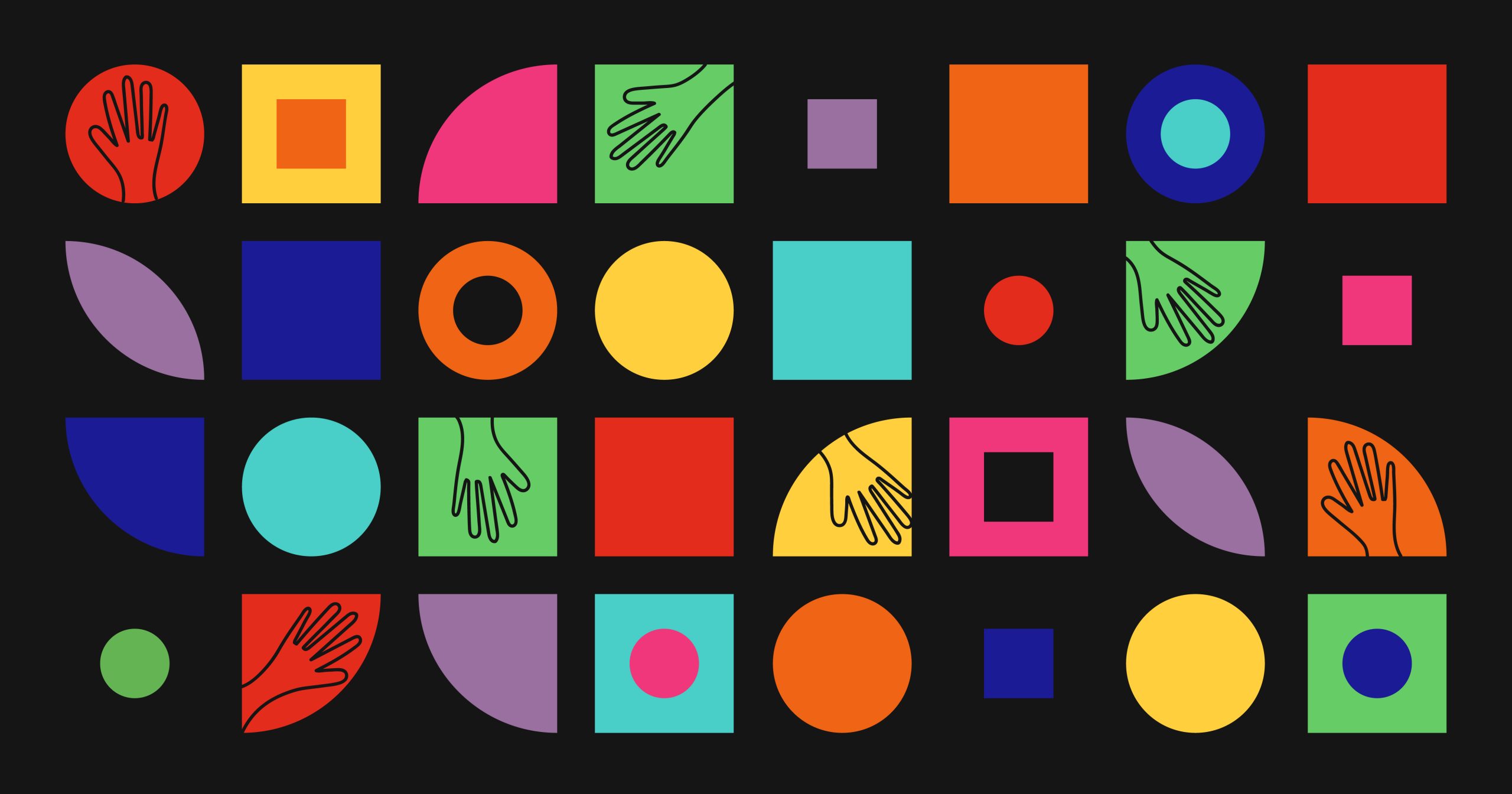Lately everybody seems to be talking about mental health. We welcome this as a development that brings much-needed attention to a previously stigmatised topic, and encourages individuals to take proactive measures to support their mental wellbeing.
In this conversation, it’s critical to acknowledge the particular difficulties LGBTQIA+ people encounter in preserving their mental and emotional health. Queer people deal with a complicated web of stresses that can have a major negative influence on their psychological health, ranging from internalising heteronormative standards, to facing discrimination and stigma from society.
Self-care routines designed specifically for LGBTQIA+ people have surfaced in response to these difficulties, as a crucial means of promoting empowerment and resilience. Here, we delve into a range of strategies and interventions crafted to support the mental and emotional health of this community.
Understanding LGBTQIA+ Mental Health
A study by Stonewall reveals the extent of mental health challenges faced by the LGBTQIA+ community: over the previous year, over half of LGBT people (52%) said they had experienced depression; 46% of trans people had thought about taking their own life; 41% of non-binary people said they had harmed themselves in the past year; and 61% of LGBT people had experienced anxiety[1].
Minority stress, discrimination, and a lack of social support all play a role in this concerning prevalence[2]. Furthermore, these challenges can be made more difficult by an intersectionality of identities, which may include socioeconomic class, gender identity, and race. Together, this surely demands a response from policy-makers, employers, and healthcare providers.
The Role of Self-Care
Maintaining well-being requires self-care: intentional activities that support mental, emotional, and physical well-being in the midst of interpersonal and systemic difficulties. This can involve a number of tactics, such as looking out places where one’s identity is affirmed, going to therapy or support groups that are affirming to LGBTQIA+ people, and building relationships within the community[3]. A key element of queer-centric self-care is creating limits to safeguard one’s energy, practicing mindfulness and self-compassion, and participating in joyful and fulfilling activities.
Practical Self-Care Strategies
- Cultivating Affirming Spaces: Be in the company of people and surroundings that embrace and validate who you are. Look for LGBTQIA+ friendly environments where you can be yourself and feel appreciated.
- Seeking Support: If you feel that you need expert assistance, don’t be afraid to ask for it. Seek out counsellors or therapists who have experience with LGBTQIA+ problems and are aware of the particular difficulties you could encounter. Joining online communities or support groups can also help you connect with people who have gone through similar things.
- Community Connection: Making new friends in the LGBTQIA+ community can help one feel supported and like they belong. Discovering connection and solidarity through volunteer work, social gatherings, or activism may be very inspiring and gratifying.
- Mindfulness and Self-Compassion: To help you manage stress and develop present-moment awareness, incorporate mindfulness exercises into your everyday routine. Furthermore, cultivate self-compassion by being kind and understanding to oneself, particularly when things are tough.
- Establishing Limits: To safeguard your mental and emotional health, learn to create limits. Saying no to people or situations that deplete your energy and giving priority to things that make you happy and fulfilled may be part of this.
Placing a premium on self-care is crucial for nurturing the mental and emotional well-being of LGBTQIA+ individuals. By embracing practices that honour their identities and cater to their specific needs, members of the LGBTQ+ community can cultivate resilience, self-empowerment, and adeptness in navigating life’s challenges. Recognising the significance of self-care as both a form of resistance and self-preservation amidst adversity is indispensable as we advocate for LGBTQIA+ rights and strive for inclusive environments.
[1] Stonewall (2018). LGBT in Britain – Health Report. – https://www.stonewall.org.uk/system/files/lgbt_in_britain_health.pdf
[2] Fredriksen-Goldsen, K. I., & Muraco, A. (2010). Aging and Sexual Orientation: A 25-Year Review of the Literature. Research on Aging, 32(3), 372–413.
[3] Meyer, I. H. (2003). Prejudice, social stress, and mental health in lesbian, gay, and bisexual populations: Conceptual issues and research evidence. Psychological bulletin, 129(5), 674–697.






Leave a Reply